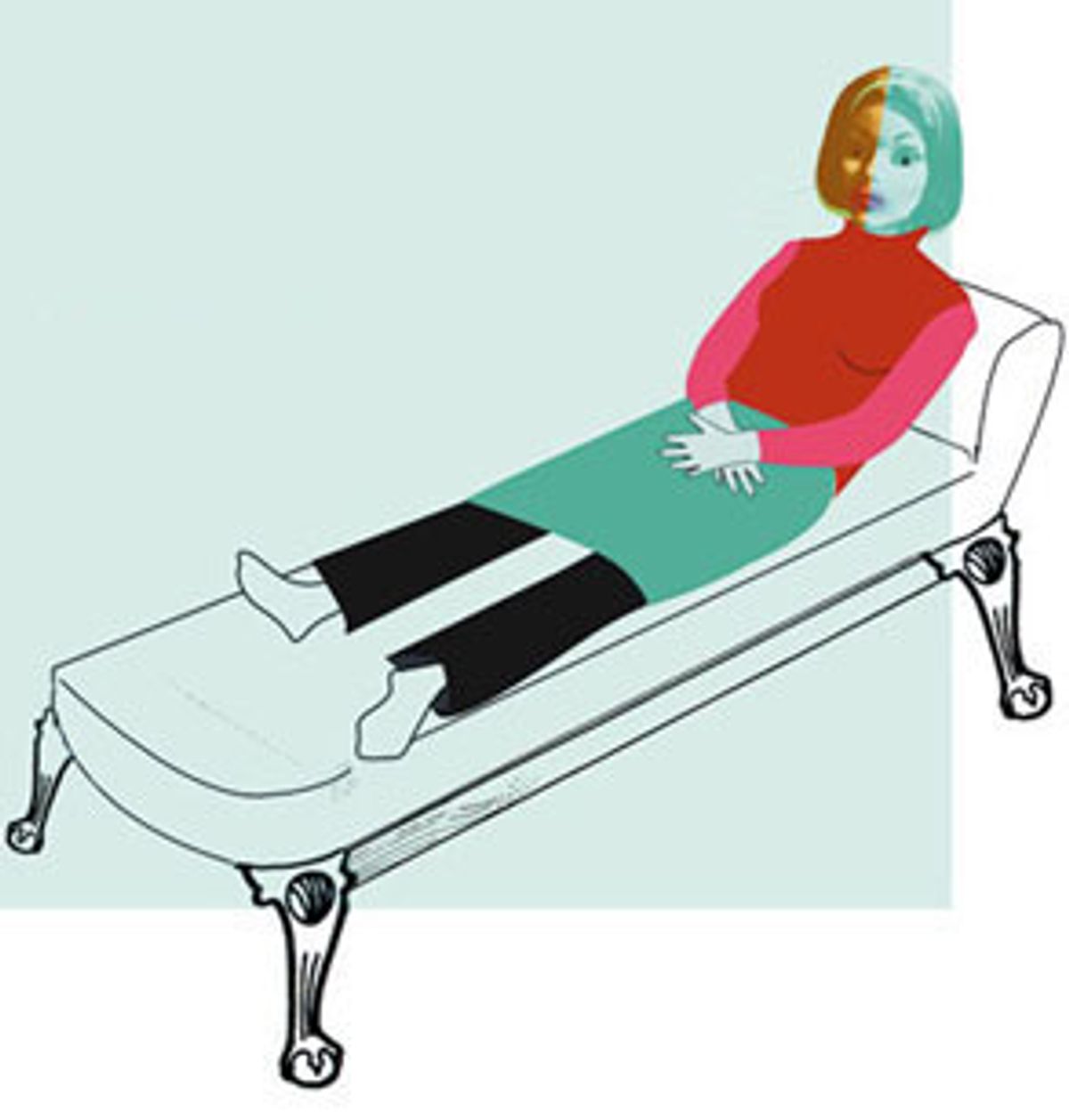Editor's note: Readers of the Life site are active consumers of content: They write often to give praise, criticism or eloquent accounts of their own experiences. They also ask questions, most often about the frequently overwhelming or infuriating experience of being the parent of a teenager or a young child with confounding emotional quirks.
Starting next week, we hope to have some answers in a new column called Second Opinions. In it, Dr. Lawrence Diller and Dr. Lynn Ponton will take turns addressing reader queries about childhood behavioral issues and adolescence. Today, they introduce themselves, laying the groundwork, we hope, for a enlightening and enduring relationship with our readers.
- - - - - - - - - - - -
By Dr. Lynn Ponton
Sept. 17, 2002 | As an adolescent psychiatrist I have studied and worked with teens for the past 25 years. I am also the mother of two teenage daughters. This happy confluence of experience and timing has made my life rich and interesting. But contrary to what you might think, it has not allowed me to completely relax and enjoy, without anxiety, the adventure of adolescence taking place in my own home. There is nothing -- no degree or parenting prowess -- that eliminates the element of risk from the lives of teenagers, or the lives of their parents.
The possibility that something bad could happen to our teenagers is always there. Always. We worry that our adolescent children will put themselves at risk and that those risks might be life threatening. We worry that as parents, the risks involved in giving our kids room to become independent are equally dangerous. But I have learned, in my roles as psychiatrist and mother, that even though all teenagers engage in a wide range of activities, some of which are potentially destructive, and that they often possess a limited ability to understand the consequences of their actions, not all teenage risk taking is dangerous. In fact, most of it is extremely positive. How they assess or fail to assess risk is the key point, but I believe that risk taking is a vital tool that adolescents use to develop their identities, and that healthy risk taking, for teens and adults, is an extremely valuable experience.
I have agreed to write a column for Salon that focuses on adolescence. For me, this too is a risk but one that I'm looking forward to. I believe that teenagers are not accurately represented in our culture; their dark side often looms large, particularly in the media. The discussion of teens is usually colored by myths, myths that show them as dangerous or irresponsible. I am hoping that this column will offer an opportunity for a more balanced discussion of teenage lives, a discussion that begins with my asking for your comments, ideas, questions and wisdom about teenagers.
I also am interested in what adolescents have to say about adolescence. Their voices often go unheard, and yet they know themselves better, sometimes, than the people who believe they know them best. I encourage all of you to listen to them and write to me, and also encourage teenagers themselves to write in order to participate in this dialogue.
A better understanding of teens includes a discussion of the role that risk and risk taking plays in their lives, but it also includes dialogues about sexuality, separation and independence from parents, education, searches for career tracks and life work, relationships, and responsibility -- among other issues. Most of these are raised in my work with teens and parents. On one recent day, the following situations emerged: A 17-year-old is struggling with a college choice because she does not want to separate from her mother; a 16-year-old boy talks about his plans for "coming out" in his high school (what will the other kids say? how will he feel about doing it?); a 12-year-old girl has stopped eating with the arrival of her first period. She doesn't like the stick-thin girls in the magazines but believes that she is grossly obese.
I will take my knowledge from these daily encounters with teens and share it with you. I also will draw on my research, writing and advocacy work. As the national chair of the Disaster and Trauma Committee for the American Academy of Child and Adolescent Psychiatry, I was impressed with teenagers' responses to the Sept. 11 disaster. Many were passionately involved in relief work; others participated in creative efforts to commemorate the loss. This, again, contrasted sharply with the commonly held myth that teens would be disengaged or involved in dangerous risk taking after a disaster. Instead, disasters may be associated with a decrease in those behaviors.
There is much to be learned. In upcoming columns, I hope to discuss teens on the street -- what parents and others can do to assist runaways. I will also cover healthy sexual development -- exactly what is it and how parents can encourage and promote it. Teenagers are my passion, and I look forward to sharing this with Salon readers. I hope that this column will offer a place to talk about the lives of teenagers and help everyone understand what the real risks are.
Please send your letters to me via e-mail. The address is drponton@salon.com. I will do my best to answer as many queries as possible, making a special effort to address issues that concern a number of readers.





Shares